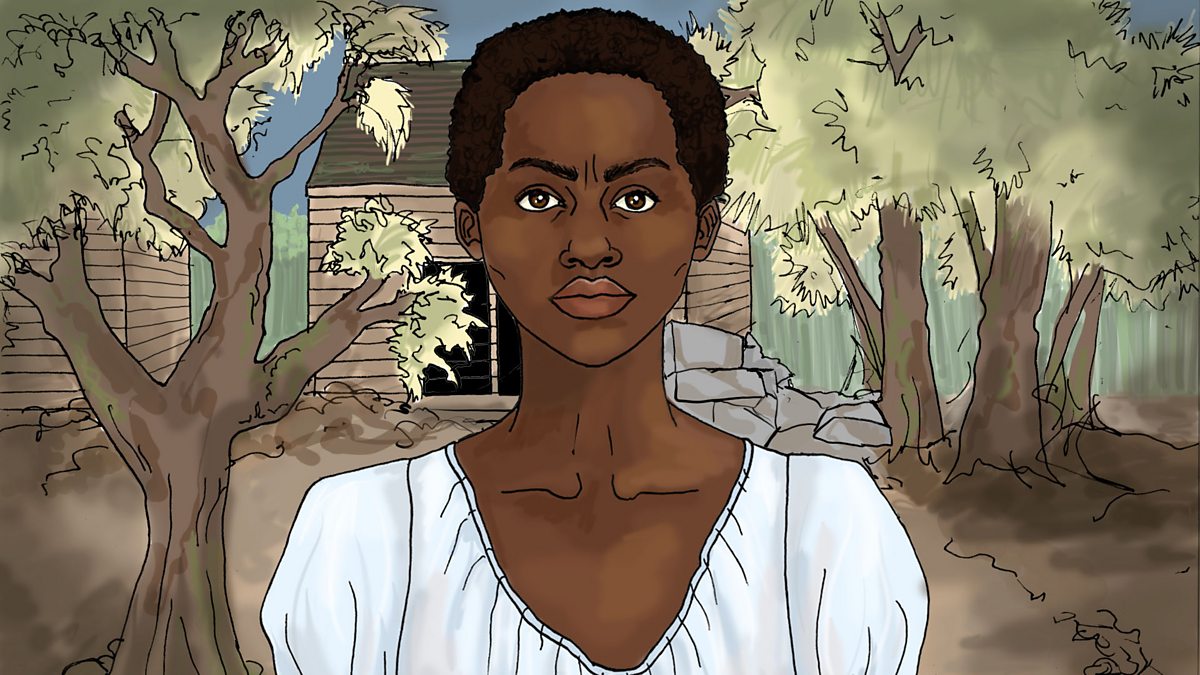Day 13 of the writing challenge and I'm feeling lucky.
Haven't done fiction in a while.
_
Theme (why not be brazen with it?):
cancer is the warning.
It had all become about the telomeres very quickly. One minute it was the fountain of youth's been cracked! and infinite youth forever! and then the papers (ha!) were looking for a buzzword and telomeres caught on. Who can say why?
When the newsmen and women reported the stories, they all started by saying it was very complicated, very technical, and they would be telling us a dumbed-down version of things. I remember I put my cereal spoon down. The coco puffs had been delicious, but I put the spoon down and leaned back and watched while they reported that morning because in all the years I'd spent listening to these same two-to-six blowhards tell the news, only a shy handful of times had I heard them explain away their own ignorance. I sat up to pay attention to that.
The news was always complicated. That was the nature of the everyday -- complications. The newspeople's job was to distill all that complicated nonsense down and fit it into a sound bite that the everyman could consume, maybe even with a little relish if the newspeople did their jobs right. That particular morning, the day they first started talking about the telomeres, I had looked up from my cereal, tuning in with my whole attention, before they mentioned the little T-low devils for the first time. The newswoman pronounced the word with no particular inflection, nor did her face take on any particular, marked interest. What a strange attitude, in retrospect, knowing what was to come.
The newspeople finished their warnings about the rudimentary nature of their explanation, then they buzzed in with the word about "telomeres," explaining they were "caps on the edge of the cell that wore down when cells divided." Finally, they said that scientists had "created a kind of indestructible coating" for the caps and that they were moving quickly on the project. Then they newspeople again, mentioned that what they had just explained was the dumbed-down version of something highly technical. They promised more details as the story developed. I went back to eating my cereal.
The next time they mentioned the telomeres, it was the evening news. I didn't usually watch the news then. I'd fallen asleep and tuned in to them using the word a lot, my foggy brain climbing out of the darkness to know what the fuss was about, so who knows how long they were at it before my brain tuned in and I woke up? Eventually, anyway, I did, and my brain didn't manage to unfog itself too much before the commercial break came back on. The lull of the familiar, trickling sounds in my tired head put me back under.
In the morning, though, I came to understand what the fuss was about after all. The telomeres -- everyone said while wearing huge, beaming smiles -- were going to keep everyone alive forever. The details were almost worked out, they said, and human testing was already under way. No one added any caveats this time. No one explained, before or after, how technical the whole thing really was.
The buzzword -- telomeres -- it caught on quick. Came up in every kind of comedy routine, since no one knew exactly what it was still. No one was asking too many questions, though. The FDA had approved it. The CDC had approved it. For all I knew, the ABC through XYZ had approved it, because nobody was saying boo. I certainly wasn't going to.
People through telomere parties, dressing up in whatever they imagined the "caps" to most closely be. They wrote articles about telomeres, got the word tattooed on their bodies. I heard of a lady up in Wisconsin named her daughter Telomere, and all this without any big news source coming right out and saying what it is we were getting with this fountain of youth. Beyond, of course, the infinite youth.
Problem was, once the second point in that argument came up, people tended to drop the first. Everyone was just so happy. The whole world had, with telomeres, solved a problem plaguing mankind since time immemorial, and there were no red flags to wash out the fun. None of the countries were fighting over it -- everyone had the technology, whatever it was. And nobody was arguing over who would get access to it it. Everyone was content to let his neighbors drink from the chalice, so long as he could wet his lips first. But then, the newspeople assured us all that the telomere cure -- no, there was no firm brand name or specific company to tie the cure to, as of now -- the cure made possible by these miraculous, invincible telomere "caps," was in no short supply. There was no need to jealously guard the cure. After all, the telomere cure wasn't based on scarce resources or limited by tedious effort or requiring of massive manpower. No, it had none of the faults of man's earlier advancements! It was made possible by pure, somehow unexplainable science.
As good as it was, people still shouldn't have accepted it as easy as we did. Why we did, I don't know. I doubt anyone knows. I wouldn't be surprised, in fact, to think there were nervous Nellys, paranoid Petes, who tried to raise a stir and were cut down by the joyous. Grandparents would live on. Children need never die. The future could handle whatever mankind threw at it, there would be a way, once eternal life had been won. And it had been won, the newsroom said. And we believed.
If they'd used the word "cancer" instead of telomeres, we might have stopped it. Even with eternal life on the table. We were animals, then. That animal part of us that feared cancer, feared a lingering, near-unavoidable goodbye, that part would have cut a sharp cry at the c word. It would have urged us caution! even through the thick haze of greed and joy and relief. But no one said the word cancer. What they said, what we repeated, was the word telomeres, telomeres, telomeres, over and over, until we were chanting it in the streets, eager for redemption, eager for grace. We were ready to be our own gods and worship at the telomere altar.
No one uses the t word much anymore. Those who do are beaten, though perhaps less violently so than those I imagine were repressed during telomere fever. I imagine a lot, nowadays. A man who has been beaten can howl for a long, long time, and the noises of our everlife are not so different than the noises of before. I do not want to be dragged away to where the men who are beaten too badly remain.
When I imagine, quietly in my head, I wonder why they chose to use telomeres as their term. I wonder who "they" really were, if they were hit with immortality the way the rest of us are. I wonder if this is the way it was meant to play out. I wonder, sometimes, if the telomeres had some truly unknowable power after all, and we are punished because we managed to taint it.
But no, I have to remind myself. I have to remind myself many things in such a quiet world. I remind myself that it was never telomeres, never some mystical scientific force. We were simply playing with fire, and we knew it. We saw how flames ran wild, ravaged leagues and miles and souls. But we saw a secret hidden in the dancing flames, and we wanted it, and we thought that by renaming that piece of flame it would stay in the center of the pile.
It was a kind of cancer. It was a type of fire.
And now we are living gods of the telomere dance.





 `better visual effect with the well, though.
`better visual effect with the well, though.9i-W9Rg~~/s-l300.jpg)







